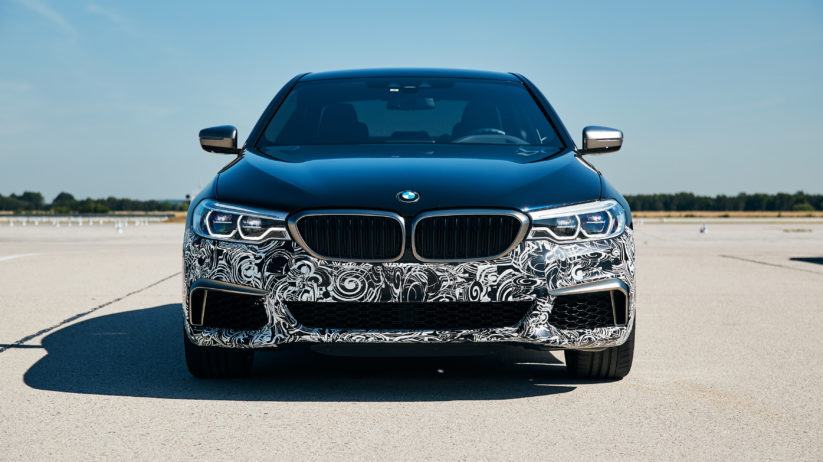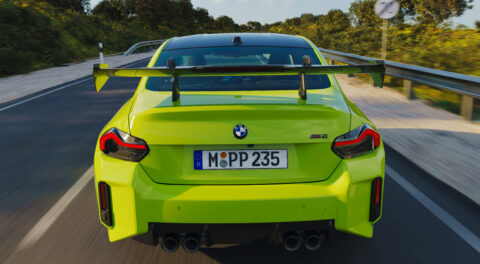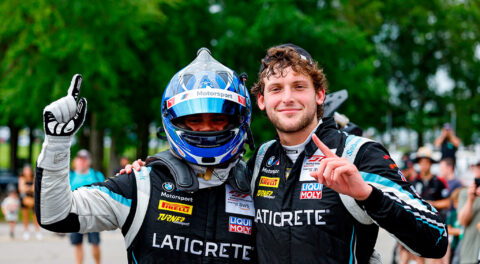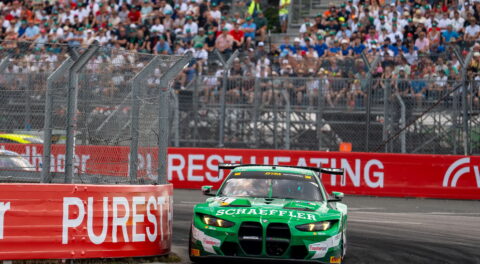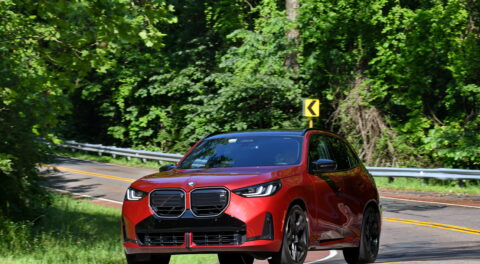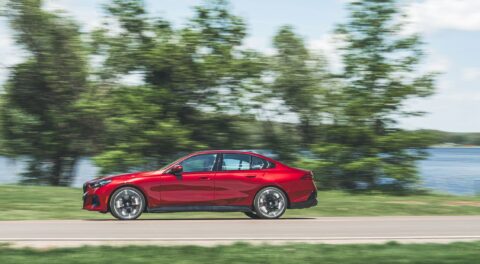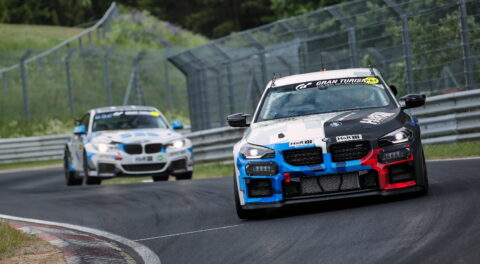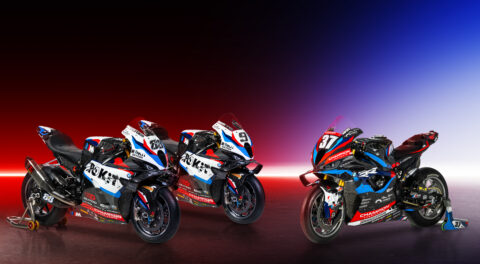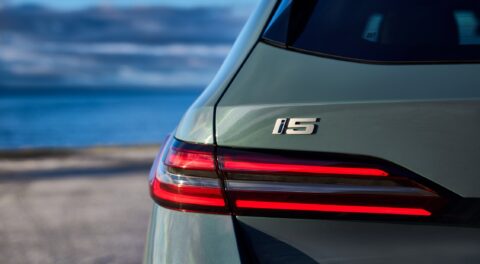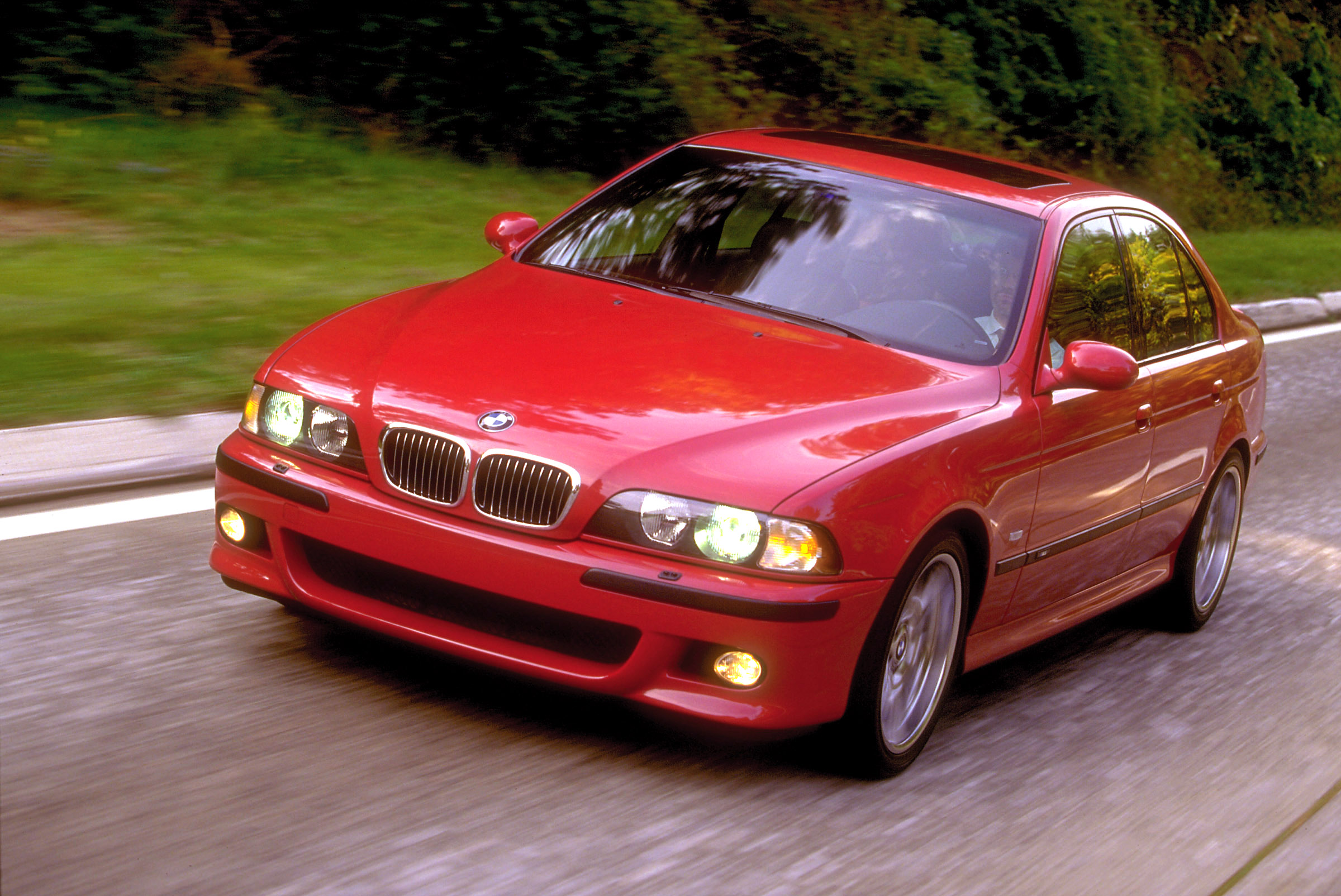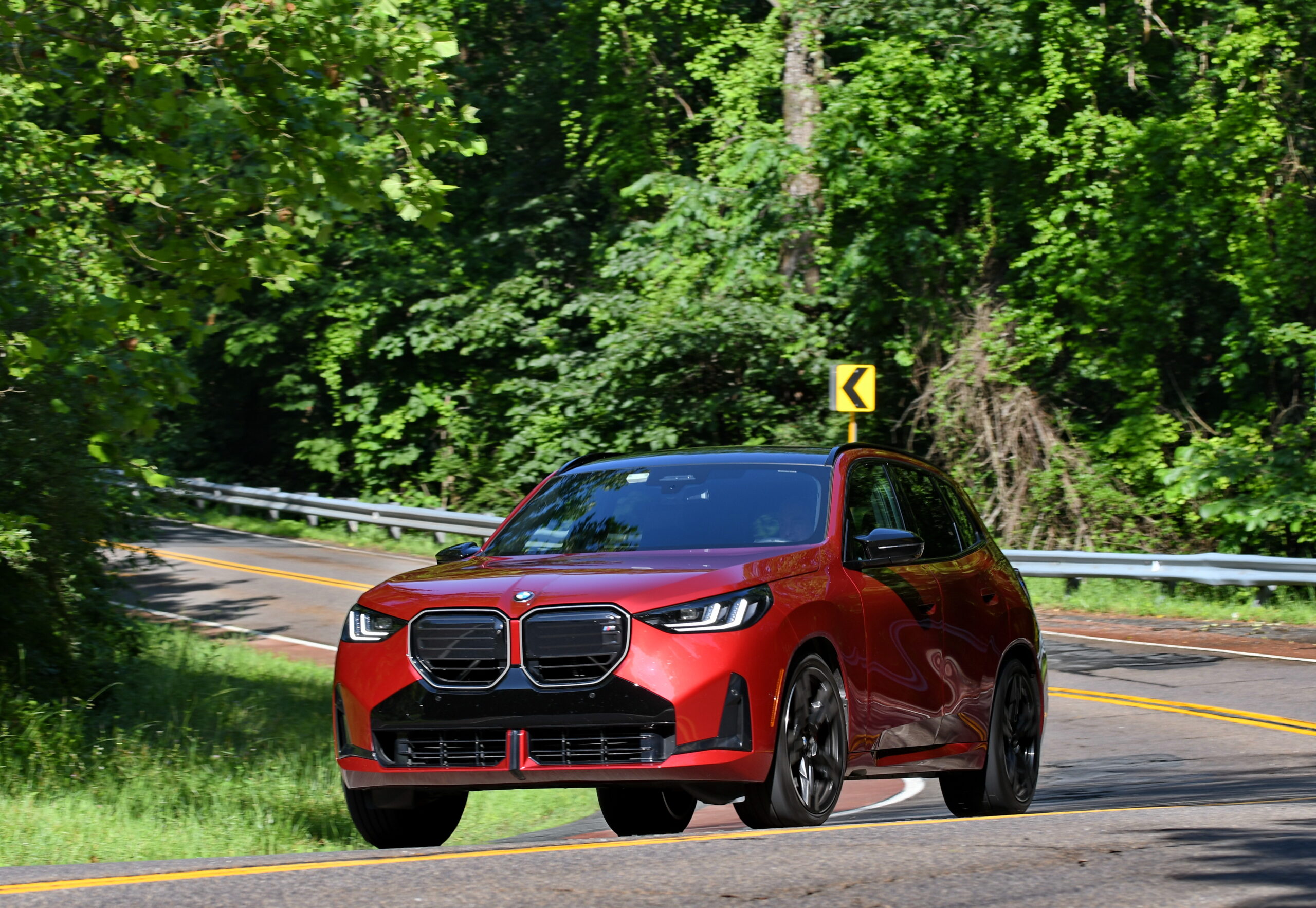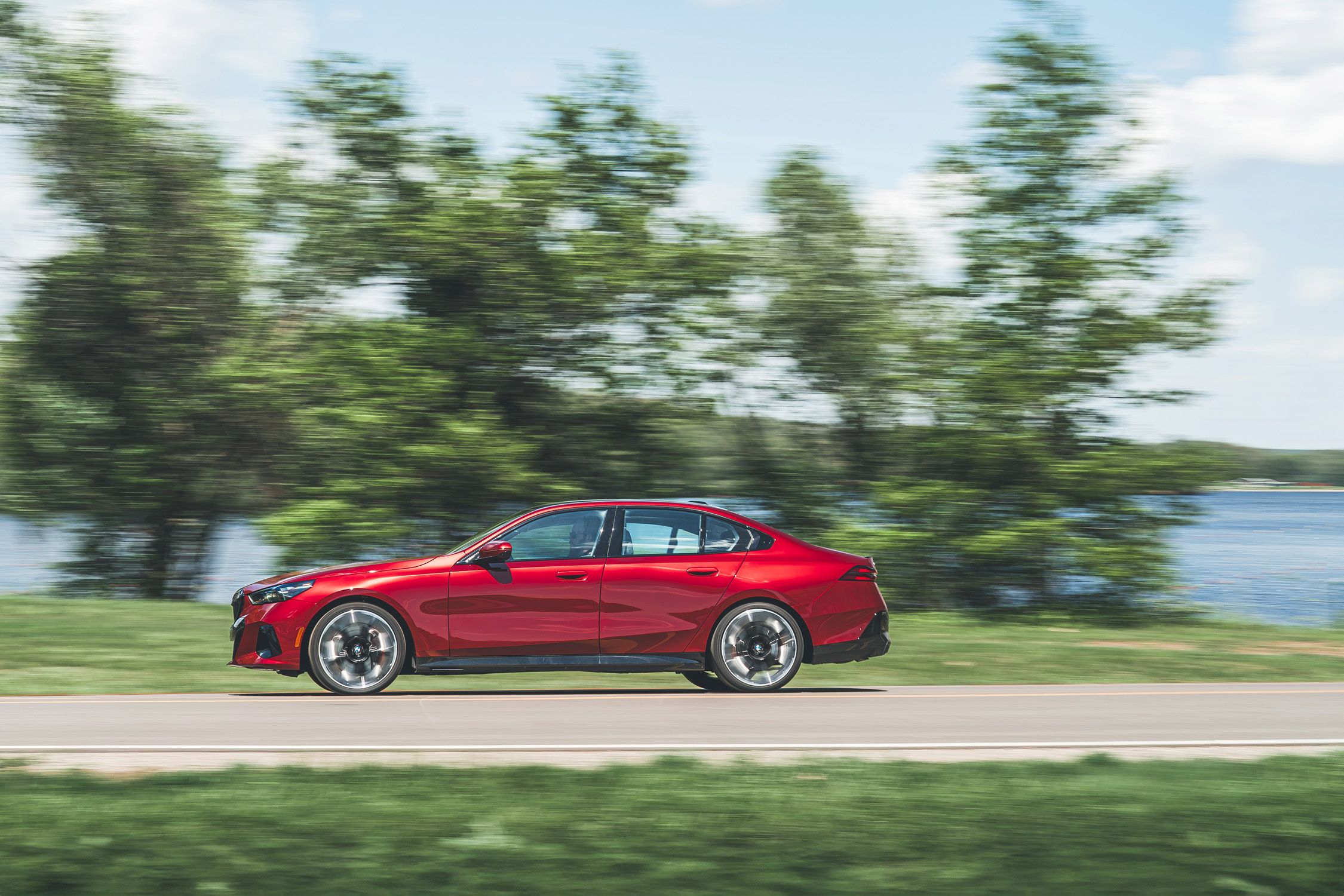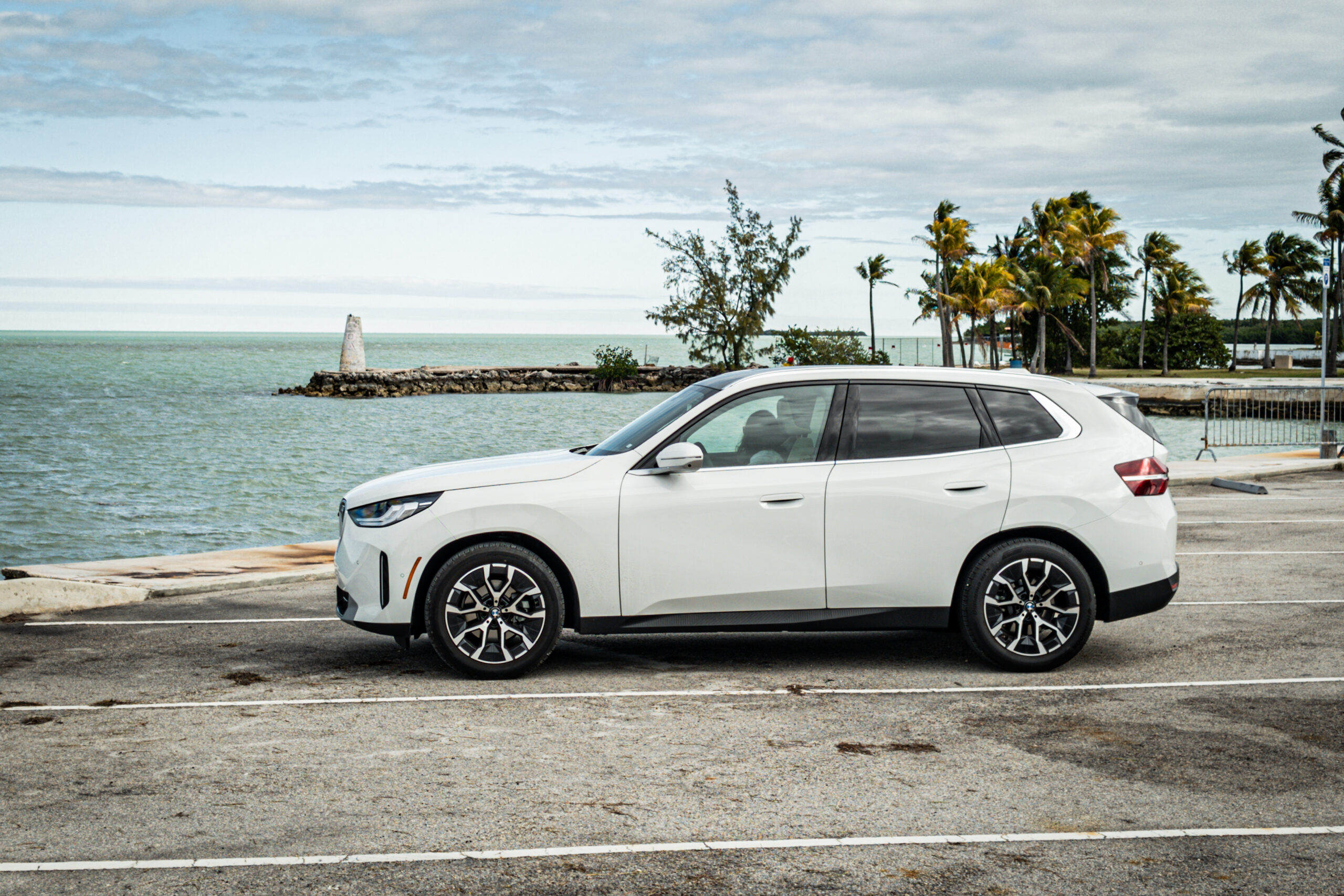Despite the community having some doubts, it looks like we can finally count on the new i5 and iX1 heading to production. If you recall, BMW has been working for some time now on seeing their iNext strategy to completion, which has already involved a serious overhaul of their plug-in EV lineup and led to the continued development of their new all-electric models.
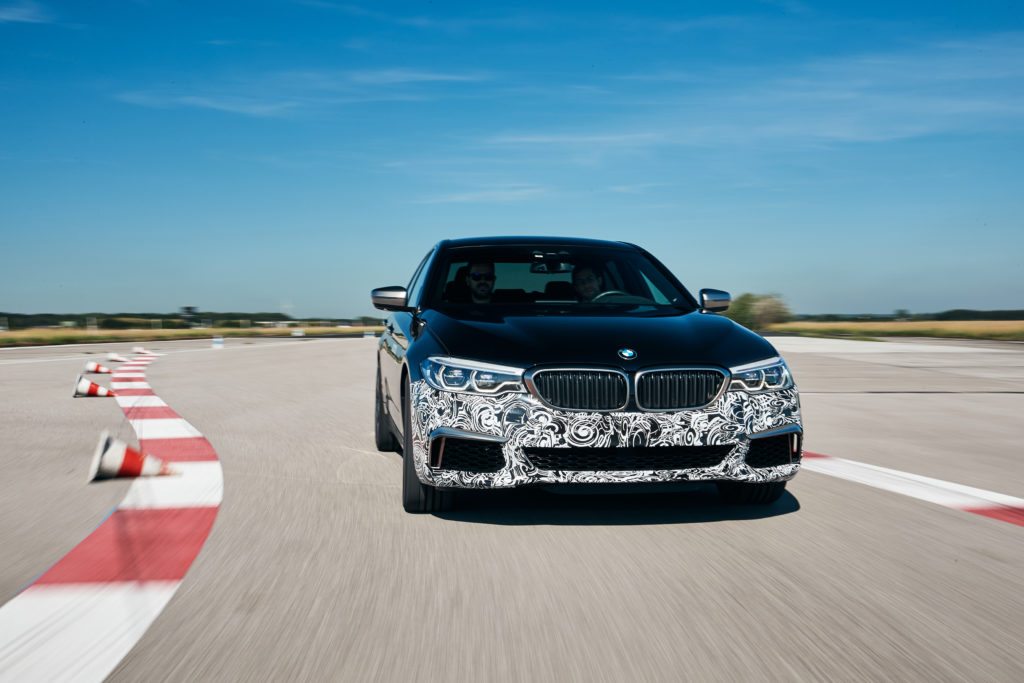
Back in June, we covered a story on Power BEV prototype Lucy, a heavily modified M550i with three electric motors whose performance capabilities encroached on M5 territory, with its insane power figures and zero-to-60 time of just under three seconds. The frankenstein G30 put out 720 horsepower and over 848 pound-feet of torque according to BMW officials, which defied all of the physics that such a hefty sedan should obey. Lucy’s existence prompted many enthusiasts, myself included, to wonder whether the new i5 would see similar power figures, which we unfortunately still do not have a definitive answer on.
Recent information from BMWBlog and German business newspaper Handelsblatt, however, have confirmed that the i5, like other future fully-electric BMW models waiting to be put into production, will not be a direct competitor to the most powerful versions of the Porsche Taycan or Tesla Model S, but rather a fully-electric reiteration of the german automaker’s standard series lineup. Rather than a six-figure, Nurburgring record-holder, BMW seems to be staying on the conservative side of the EV market, engineering the i5 and iX1 as fully-electric vehicles that are performance-enriched rather than performance-dedicated. It also appears that this decision has resulted from an increased desire to retain each models’ already accomplished images as practical, everyday sport sedans and crossovers rather than reinventing them altogether.
This means that we can expect the new i5 and iX1 to conform to the same safety, comfort, and performance levels we are accustomed to seeing from BMW, since these fully-electric models are simply a spin-off of the standard gas-powered lineup, not a completely separate range with its own identity. But, with performance and technology features still up in the air, the outcome is murky—although I’m sure no one would mind seeing the new i5 grow into an electric M5.
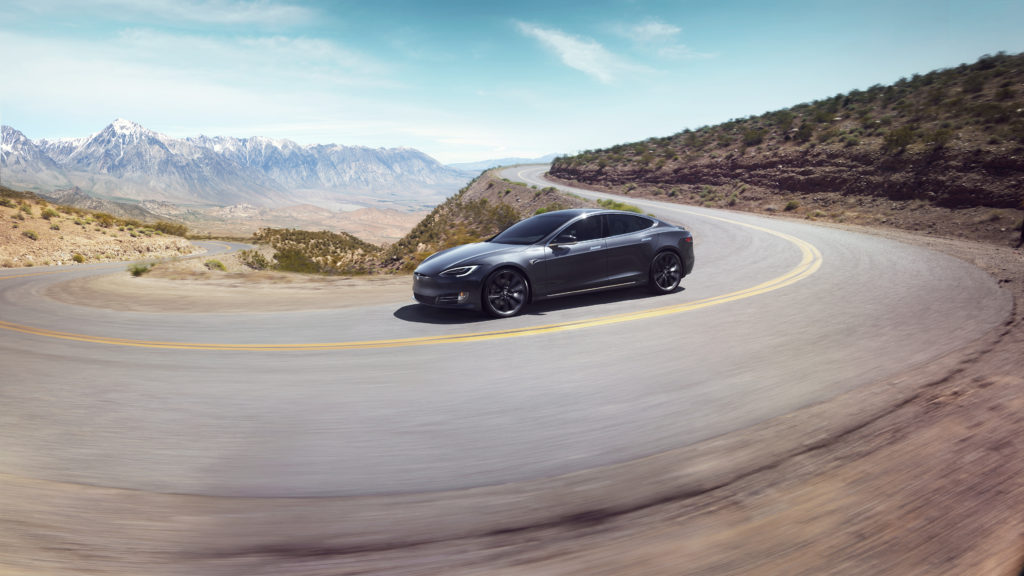
Super EVs like the Porsche Taycan and Tesla Model S are on a different track however, with the Taycan aiming to bring something entirely new to the Stuttgart brand. It seems Porsche is aiming to shake up the emerging high-performance EV market with the Taycan’s debut, bringing characteristically german engineering to the table and the track, therefore acting as a direct competitor to Tesla and the new stripped-down, prototype Model S, which recently overturned the Taycan’s record 7:42 Nurburgring lap time by an impressive nineteen seconds—remember, it’s a prototype.
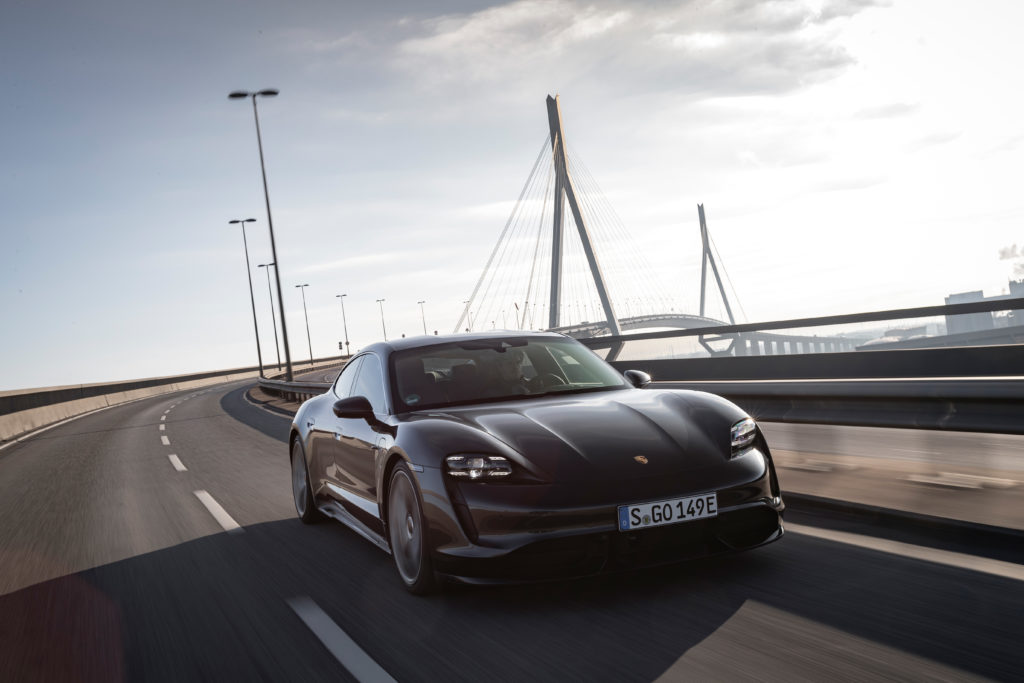
But while Porsche and Tesla continue to vie for dominance over the new super-EV market, it may be some time before we see BMW become a direct competitor. Although the Vision M Next prototype promised similar power figures (albeit, a few ponies less) than the Taycan and Model S, it offers only a glimpse into what the future of performance EVs for BMW may look like—it sounds like a standalone M EV is in the development pipeline. Nonetheless, with BMW’s current focus on the 2021 debut of iNext and the introduction of the full 25 model electrified lineup in 2023, we can only hope that the i5 and iX1’s development will offer more clues to guide us into the electrified era for BMW.—Malia Murphy
[Photos Courtesy BMW AG, Dr. Ing. h.c. F. Porsche AG, Tesla, Inc.]

